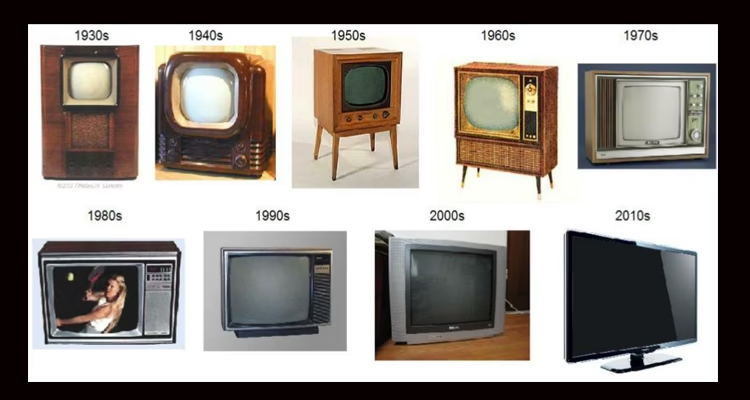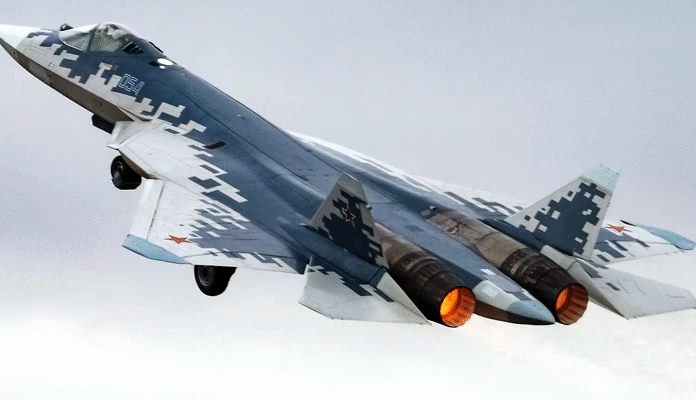 November 21 is observed globally as World Television Day, acknowledging the medium’s enduring role in shaping public discourse and presenting issues that affect people across societies. The day serves as a reminder for governments, organizations and individuals to renew their commitment to supporting television as a platform that provides unbiased information, encourages dialogue and strengthens global awareness.
November 21 is observed globally as World Television Day, acknowledging the medium’s enduring role in shaping public discourse and presenting issues that affect people across societies. The day serves as a reminder for governments, organizations and individuals to renew their commitment to supporting television as a platform that provides unbiased information, encourages dialogue and strengthens global awareness.
Television has long been viewed as a powerful symbol of communication and globalization. It informs, educates, entertains and influences public opinion in a way few other media can.
Television in a Changing Media Landscape
In today’s world of smartphones, tablets, social media, YouTube and a thousand digital apps, one might assume that life without television would remain largely unchanged. Yet the reality is different.
Television continues to be one of the most influential mass-communication tools and remains the largest source of video consumption worldwide. While screen sizes and viewing habits have evolved — with more content being streamed, created and consumed online — the number of households with TV sets globally continues to rise.
Recognized as one of the greatest technological breakthroughs of the 20th century, television still:
-
Educates
-
Informs
-
Entertains
-
Shapes opinions and decisions
An estimated 90% of households worldwide own a television set. Although that figure is slowly declining with the rise of internet broadcasting and computer-based streaming, television retains its authority. When something is broadcast on TV, it inherently carries a sense of credibility — viewers know that millions are watching the same content, produced by professionals.
Regular visibility on television also influences public perception. When the audience sees a personality on TV day after day, familiarity reduces perceived threat, making viewers more receptive to the ideas being presented.
Television also plays a crucial role in education. Numerous channels offer high-quality educational programs that help students learn complex subjects in a simple, visual manner. For older generations who are not accustomed to the internet, television remains their most comfortable and trusted source of news, entertainment and information.
Like every powerful medium, television has both strengths and limitations. It can spread creativity, art, sports, news and meaningful ideas — but it can also influence opinions in ways that require careful scrutiny. Across the world, however, television has demonstrated its value through successful educational initiatives, proving that it is far more than an entertainment-oriented medium.
A Brief History of Television
The story of television begins in 1927, when Philo Taylor Farnsworth, a 21-year-old inventor, created the world’s first electronic television.
Remarkably, Farnsworth had grown up in a home without electricity until the age of 14. In high school, he imagined a device that could capture moving images, convert them into electronic signals and transmit them over radio waves.
His design — using a beam of electrons to capture images — was far more advanced than the mechanical television systems of his time.
Farnsworth famously transmitted the image of a dollar sign after a fellow inventor jokingly asked, “When are we going to see some dollars from this thing?” Neither could have predicted that this invention would one day become the foundation for a global observance highlighting the importance of communication and information-sharing.
Why World Television Day Matters
World Television Day is not merely a celebration of a technological device. It represents a recognition of the philosophy and purpose behind the medium.
Television stands as a bridge between cultures and communities, fostering global understanding and dialogue. The observance encourages everyone to reflect on television’s past, present and future — not just as a source of entertainment, but as a powerful tool for shaping society.
As the world continues to evolve, so will television. But its core purpose remains unchanged: to connect people, bring stories to life and reflect the realities of our shared global experience.
(Written by Vinod Chandrashekhar Dixit)




